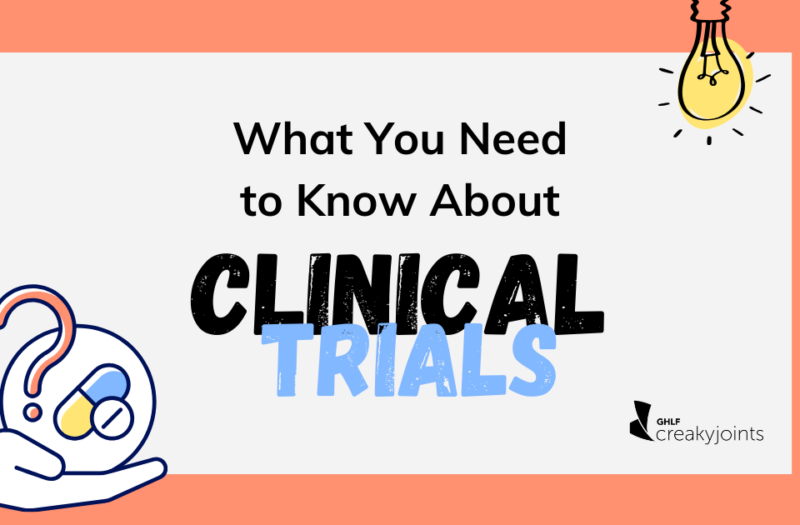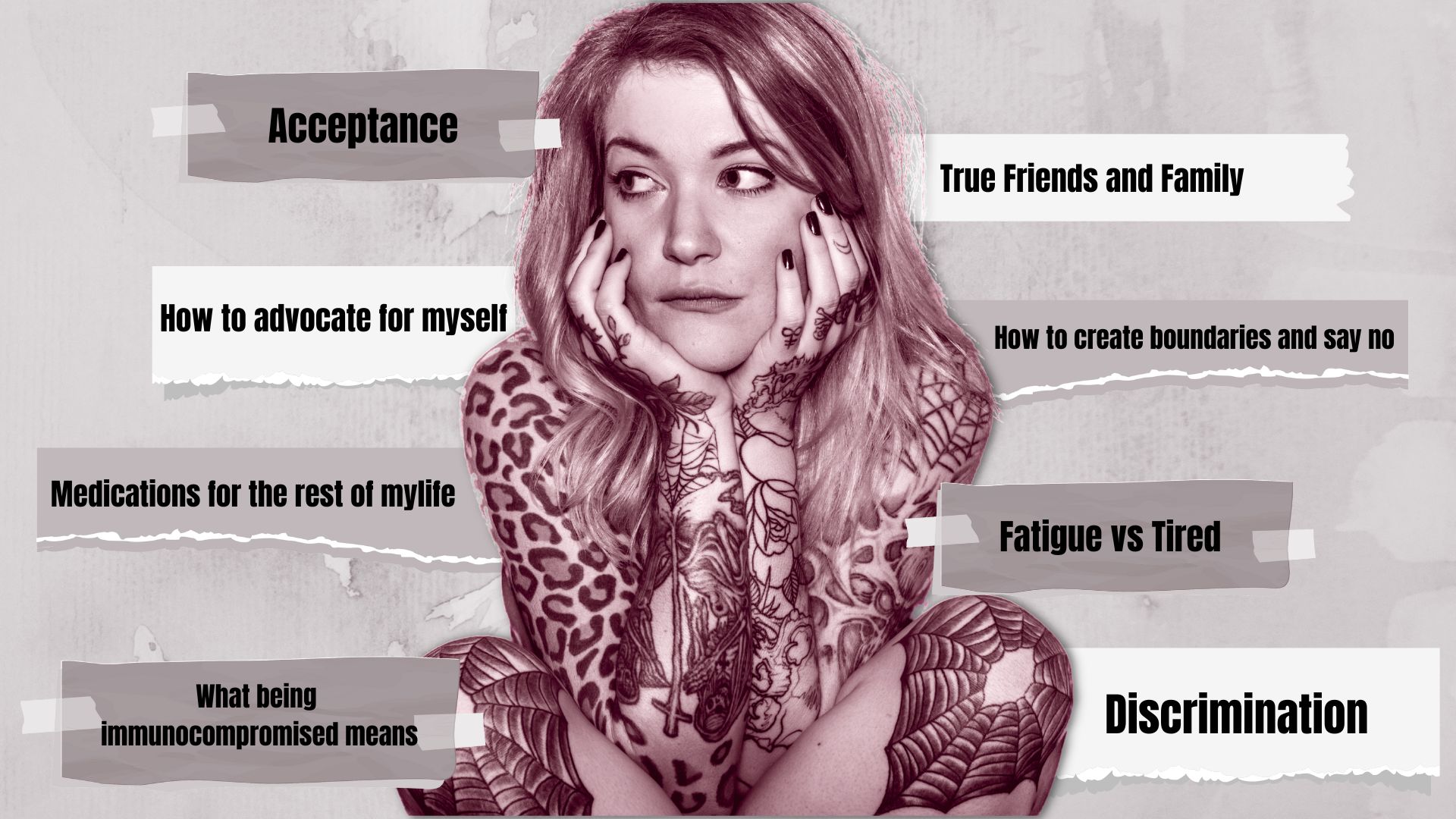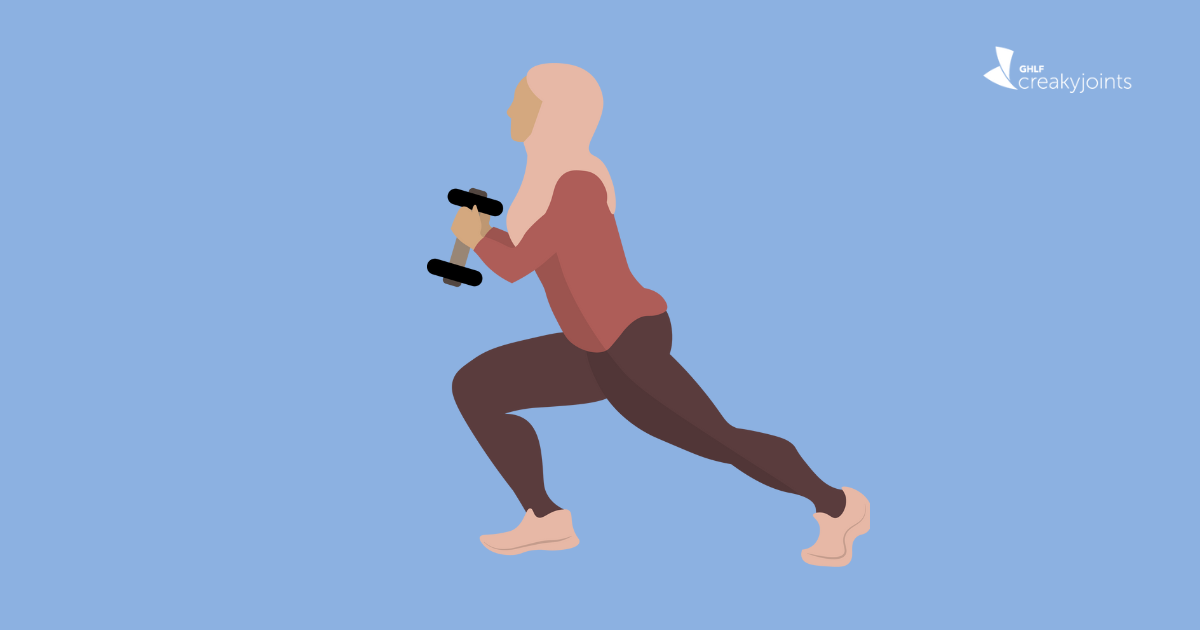

A clinical trial represents the next step on the journey of medical progress. It’s like the bridge between lab tests and real-world impact. In these trials, researchers investigate the effects of specific interventions — these can be medical products (like drugs or devices), certain procedures, or even changes in a participant’s behavior, such as their diet. The goal is to figure out how well these interventions work.
When a new product comes into play, its effectiveness isn’t always known. That’s where clinical trials come in. Participants are enrolled, and various outcomes are carefully measured to determine both the safety and efficacy. The aim: to find out how good it is at treating specific conditions, syndromes, or diseases.
But clinical trials aren’t just about the newcomers — existing interventions are also put to the test to see which one comes out on top.
Who’s behind all this? Clinical trials can be sponsored or funded by various players like federal agencies, pharmaceutical companies, academic medical centers, or voluntary groups. But here’s the heart of it all — these trials are run by a principal investigator who is usually a medical doctor. They are joined by a research team made up of doctors, nurses, social workers, or other health care professionals.
Who Can Participate?
Whether you can join a clinical trial depends on certain standards called inclusion criteria. These criteria consider factors like the type and stage of your disease, your gender, age, and your medical history. Inclusion criteria determines who is eligible to be part of the trial.
Types of Clinical Trials
There are several types of clinical trials, including:
- Diagnostic trials: Examine better tests/procedures for disease or condition diagnosis
- Prevention trials: Explore ways to prevent a disease from occurring in people who have never had the disease or from returning in those who have had the disease
- Quality-of-life trials: Identify and measure options to improve the comfort and quality of life for people with chronic illness
- Screening trials: Test best ways to detect health conditions or diseases
- Treatment trials: Test new treatments or treatment combinations or approaches to surgery, radiation therapy, or clinical management strategies
- Behavioral trials: Testing of behavior change interventions. Behavior change is important in the prevention and treatment of many diseases, particularly diseases associated with unhealthy habits or activities (e.g., smoking).
Clinical Trial Phases
The clinical trial research process can be described by phases, each with a different purpose aimed at different questions. Each trial in each step of the clinical research process varies in length depending on the study. Participants are told how long the trial will last before they enroll to participate.
- Pre-clinical testing: Before a drug can be tested in humans, a safe dose must be determined; this is a main goal of pre-clinical studies.
- Investigational New Drug Application (IND): In the United States, a pharmaceutical company must submit an application to the FDA’s IND program for permission to ship an experimental drug across state lines to clinical investigators. The FDA reviews the application to make sure that the drug is safe to test in humans in any planned clinical trials. IND approval only allows the drug to be tested in humans, but not yet for it to be marketed and sold in treatment of the disease.
- Phase I: In this phase, the study assesses drug safety by determining the drug’s most frequent and adverse effects.
- Phase II: In phase II, studies focus on drug effectiveness, or whether a drug works in people who have a certain condition or disease.
- Phase III: Here the study tests drug effectiveness on a larger scale in populations. This is used to determine the best drug dosage and see how the drug reacts in combination with other drugs.
- Approval: After FDA approval is received for a drug to be put on the market for use in clinical care, studies are conducted to continue gathering information about a drug’s efficacy, optimal use, and safety in Phase IV trials (to study long-term effects) and post-marketing studies (to examine specific populations).
- Post-marketing studies: These studies focus on special populations and the drug’s efficacy within these populations.
What Can I Expect?
While clinical trials come with some level of risk, these risks are often no greater than those related to routine disease progression and medical care. It’s important to note that the effectiveness and safety of the product being tested in the trial might not be fully known. Some participants may experience medical benefits, while others may not. Keep in mind that study protocols can vary, and you might need to undergo additional procedures, tests, or assessments during the course of the clinical trial.
The overarching goal of a clinical trial is to contribute to medical knowledge. By participating, you can play a role in shaping the future of health care, potentially benefiting countless patients.
What Are the Risks of Clinical Trials?
Just like any other medical decision you make, it’s crucial to have a clear understanding of the risks when contemplating a clinical trial. Here are some important ones to discuss with your doctor.
- New treatments could have unexpected side effects and risks that are worse than that of the standard option of care.
- Costs that a participant may have as a result of the study might not be covered by health insurance and managed care providers.
- Even if you are seeing positive effects from the intervention, the intervention may not be approved by regulatory agencies.
- Participants in randomized trials are assigned whether or not they will receive an intervention that is being tested. They cannot choose. “Randomized” means that a person is randomly assigned to an intervention group to receive treatment or to a control group to receive a “placebo” or usual care.
- Additional doctor visits may be required.
How Am I Protected?
Each participant must provide informed consent, which means they willingly agree to be part of a clinical trial after fully understanding the study. To ensure informed consent, participants are provided with comprehensive information about the study. In addition to this informed consent document, participants may receive recruitment materials, verbal instructions, or engage in question-and-answer sessions to clarify any doubts or concerns.
To further protect the participant, an institutional review board (IRB) reviews, approves, and monitors clinical trials and studies of drugs, biological products, and medical devices that are regulated by the FDA. The IRB ensures that a study is ethical and that the rights and welfare of the participants are protected.
Key Questions to Ask About Clinical Trials
Before considering participation in a clinical trial, it’s essential to ask key questions to make informed decisions about your involvement.
- What is being studied?
- What is the length of the study?
- Will I know what intervention I receive during the trial? Who will know?
- Has the intervention been tested before? Why do investigators think this intervention will be effective?
- How does my current treatment compare to the proposed treatment I might get in the trial in terms of possible risks, side effects, and benefits?
- What will be required of me?
- Is hospitalization required?
- Will my participation be paid for?
- Will my expenses (including travel) be covered and/or reimbursed?
- Will I be able to continue receiving the intervention after the trial ends?
- What happens if I decide to opt our part way through the trial?
- Can I see or keep a copy of the results of the trial when it’s over?
Be a More Proactive Patient with PatientSpot
PatientSpot (formerly ArthritisPower) is a patient-led, patient-centered research registry for people living with chronic conditions. You can participate in voluntary research studies about your health conditions and use the app to track your symptoms, disease activity, and medications — and share with your doctor. Learn more and sign up here.
Learn About Clinical Studies. ClinicalTrials.gov. March 2019. https://clinicaltrials.gov/ct2/about-studies/learn.
NIH Clinical Research Trials and You. National Institutes of Health. https://www.nih.gov/health-information/nih-clinical-research-trials-you.
Questions to Ask Before Participating in Clinical Research. National Institute on Aging. March 22, 2023. https://www.nia.nih.gov/health/what-are-clinical-trials-and-studies#questions.
Survey: 50% of Americans Not Aware of Clinical Trials. Clinical Leader. April 20, 2017. https://www.clinicalleader.com/doc/survey-of-americans-not-aware-of-clinical-trials-0001.
What Are Clinical Trials and Studies? National Institute on Aging. March 22, 2023. https://www.nia.nih.gov/health/clinical-trials-and-studies/what-are-clinical-trials-and-studies.





